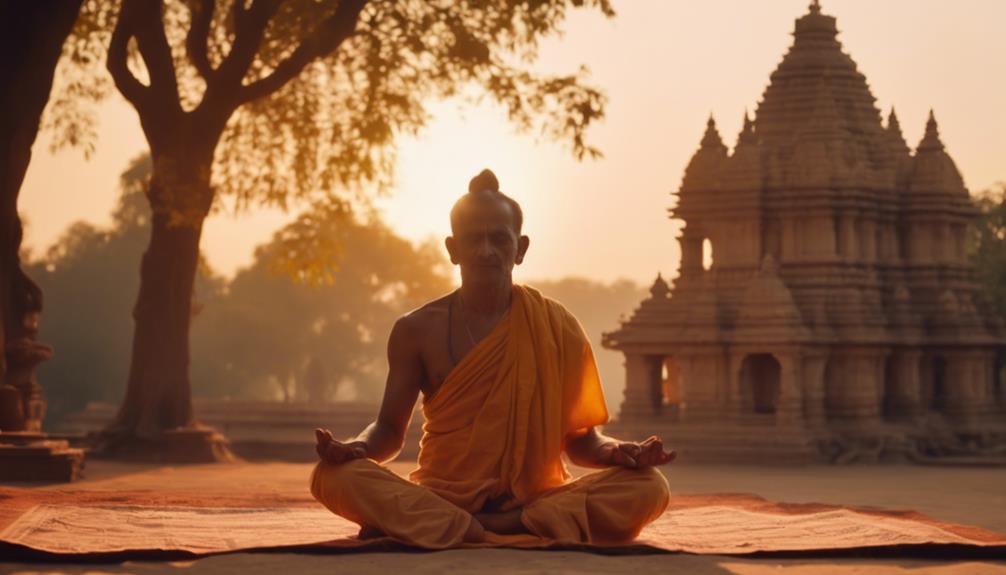
In a world where ancient practices collide with modern lifestyles, yoga stands out as a cornerstone of health and well-being. Yet, amidst its popularity, some voices propose a rather unconventional view: that yoga might be demonic. This article seeks to explore this intriguing claim with a light-hearted approach, diving into the myths and misconceptions surrounding yoga, while also placing a cheerful spotlight on the varied perspectives that fuel the debate.
Unraveling the Myths: Is Yoga Really Demonic Fun?
At first glance, the idea of yoga being "demonic" may seem laughable to many practitioners. After all, yoga is often celebrated for its health benefits, including stress relief, increased flexibility, and improved mental clarity. However, some critics argue that yoga’s roots in Hinduism can lead to spiritual confusion or even an invitation to dark forces. This perspective hinges on the fear of the unknown, often misinterpreting ancient traditions and symbols.what to take to hot yogahow much is a corepower yoga class
To understand this viewpoint better, one must explore the concept of cultural appropriation. Critics posit that Western interpretations of yoga strip away its spiritual essence, potentially leaving room for misinterpretation. They contend that without proper guidance, practitioners might unknowingly engage in practices that stray from their intended purpose. Yet, this perspective can overlook the joy and community that yoga fosters, reducing a vibrant practice to mere fear.
Moreover, the term "demonic" often arises from an exaggerated belief that engaging in anything outside one’s own faith can lead to spiritual peril. This belief is not exclusive to yoga; it can be found in various cultural practices that challenge the status quo. Ultimately, labeling yoga as demonic may stem more from misunderstandings than from actual malevolence, inviting a spirited discussion on the true nature of this ancient art.
Twisting Perspectives: The Cheerful Debate on Yoga’s Nature!
The debate surrounding yoga’s essence is not without its humor and lighthearted banter! Many yoga enthusiasts chuckle at the notion that a downward dog could somehow summon dark forces. Instead, they view yoga as a form of self-expression and personal growth, a practice that invites individuals to connect with themselves and others. Laughter and camaraderie are often as integral to yoga classes as the poses themselves, making the practice a source of joy rather than fear.
On the flip side, some argue that the blend of spirituality and physical form creates an intriguing juxtaposition. They posit that the meditative elements of yoga could challenge one’s beliefs, prompting a deeper inquiry into spirituality. Yet, rather than viewing this as a threat, many embrace it as an opportunity for exploration and growth. After all, who wouldn’t want to expand their horizons while mastering the perfect tree pose?
In a world filled with uncertainties, finding humor in the debate on yoga’s nature can serve as a unifying force. Whether one sees yoga as a pathway to enlightenment or a mere physical exercise, the important takeaway is the joy it brings to millions. So, why not let laughter guide the conversation? After all, a cheerful heart can melt even the most rigid of misconceptions!
In conclusion, the notion of yoga being "demonic" invites a playful exploration of the myths and truths surrounding this beloved practice. While some may express concern over its spiritual ties, the overwhelming consensus among practitioners is one of positivity, growth, and connection. Rather than allowing fears to dictate our understanding, we can embrace the delightful diversity within yoga—a practice that continues to inspire joy and peace across the globe. Let’s celebrate yoga for what it is: a cheerful journey toward well-being!





